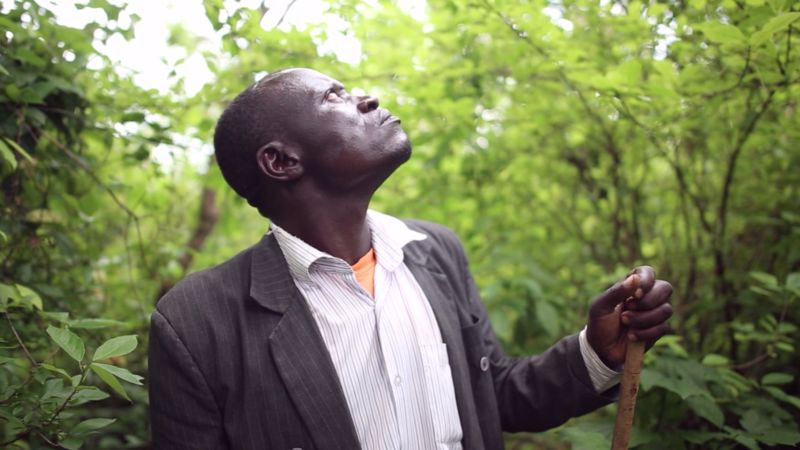Respect for Rule of Law and Traditional and Community Knowledge
Description
Includes respect for rule of law; commitment and action to uphold the International Bill of Human Rights and other rights instruments such as UNDRIP and UNDROP; commitment and action to uphold ILO conventions; respect for the spirit of the law; respect for international conventions and guidelines for business enterprises; respect for the rights of nature (such as rivers granted legal personhood); respect for national legal systems; respect for different ways of knowing; respect for and integration of traditional and community knowledge (including Indigenous science) in decision-making; and respect for local and traditional knowledge holders.
Share this Subissue on:LinkedIn
Resources
Business for the Rule of Law Framework
This report from the UN global Compact can help you understand the business case for strengthening rule of law. It outlines how to support legal frameworks and public institutions through your core business practices, strategic social investment and philanthropy, public policy engagement, and partnerships. These strategies may be relevant to a number of different departments, but especially sustainability and public affairs.
The Rights of Nature: Developments and implications for the governance of nature markets
This paper from the Taskforce on Nature Markets can help you understand the emerging perspective that nature has fundamental rights and human beings have the legal authority and responsibility to enforce these rights on nature's behalf. It traces how this trend is being expressed in environmental law and the implications for nature-linked markets, including within nature credits and soft commodity markets. This paper points to a paradigm shift that will be most relevant to sustainability and legal practitioners.
Guidelines: Integrating Indigenous knowledge in project planning and implementation
This set of guidelines from the ILO, The World Bank, The Canadian International Development Agency, and KIVU Nature Inc. provides valuable insights that can help you to work effectively with Indigenous Peoples while respecting their rights. It emphasises the importance of applying traditional knowledge systems to decision-making in a way that is respectful, empowering, and complementary to western, science-based knowledge. It includes a series of case studies that illustrate how traditional knowledge can be applied in the planning and implementation of projects, as well as guidelines on how to work with Indigenous Peoples.
Seven Principles for Partnerships with Frontline Communities
This set of principles from B Lab can help you understand how to build mutually beneficial and equitable partnerships with local communities. It is based on seven principles that came out of a co-creation process involving B Corp employees and community leaders. These principles include centering trust and transparent communications; centering local wisdom and perspectives; committing to equitable resource allocation; prioritising racial and cultural literacy; centering conflict acknowledgement and trust regeneration; co-developing clear and equitable decision-making processes; and centering long-term and sustainability commitments to best ensure collective survival. These principles will be most useful to community relations practitioners and anyone else involved in work that impacts communities, such as supply chain management, sustainability, and project management teams.
The Rainmakers of Nganyi
It is all too common that traditional and cultural knowledge is made secondary to Westernized worldviews, and particularly within industry. However, there is tremendous, untapped value in using unique cultural and intergenerational ways of knowing to provide a better understanding of complex issues. This short, evocative video explores how rainmakers in Nganyi, Kenya have perfected the art of interpreting plant responses and animal behaviors to predict weather, and how researchers are bringing together ancient and modern systems of thinking to build climate resilience in Africa.
Beyond Conservation: Working Respectfully with Indigenous People and Their Knowledge Systems
The IPCA Knowledge Basket has created and curated excellent resources for facilitating respectful collaboration with Indigenous Peoples. This repository can help you to understand Indigenous knowledge systems; frameworks for working with multiple knowledge systems; methods, tips, and frameworks for gathering Indigenous knowledge; and agreements and protocols for working with Indigenous knowledge systems. They have also created a toolkit for respectful collaboration with Indigenous Peoples, which features guiding principles for collaboration and practical steps and resources.





